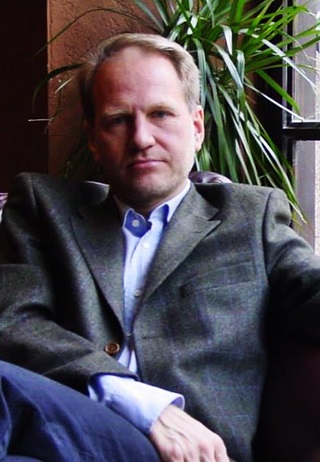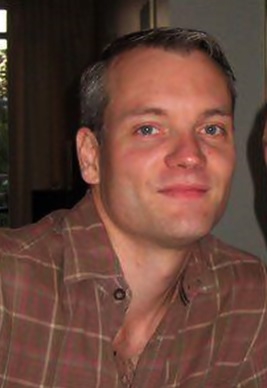If all goes according to plan, the students at the Faculty of Teacher Education at The University of Iceland will soon be able to take a course in queer studies as part of their education. Ingólfur Ásgeir Jóhannesson, professor at the Faculty, and Jón Ingvar Kjaran postdoctoral fellow, have put forward a proposition for the course and hopefully it will be a part of the curriculum of the University in the school year 2016-2017.
The decision to get The National Queer Organization (Samtökin ’78) to cover queer education in Icelandic schools has created quite a stir and the opinions about the benefits of that education vary a lot. On top of that the bullying of queer students in Icelandic schools is increasing and teachers seem to be at somewhat of a loss as to how to deal with it. It is therefore becoming vitally important to educate teachers so they will be able to take this subject over and Ingólfur Ásgeir Jóhannesson, professor at The Faculty of Teacher Education in the University of Iceland, and Jón Ingvar Kjaran, postdoctoral fellow at the Faculty, have put forward the idea of starting a course in queer studies within the Faculty.

If all goes according to plan the course will start in the school year 2016-2017 and the teachers that have gotten this education will start teaching in Icelandic schools in two or three years time. Other scholars at the School of Education will be joining them in the endeavours to include queer studies in other professional studies.
“My vision for this course is that the students participating in it will learn to decipher how the idea that everyone is considered straight is central to our culture, including teaching, leisure activities, sports and schools,” explains Ingólfur. “In a course like that it will also be necessary to give the students insight into the history of queer people and their fight for equality. Most probably it will also be necessary to focus on how children and young adults that are “suspected” of not being straight are in danger of being bullied.”
Ingólfur says that there is considerable interest in widening the spectrum of gender studies to include studies concerning lesbians, gays, trans people, intersexual people etc., both within the University and in Icelandic upper secondary schools.
“Queer studies have been a part of the Gender Studies programme at the University for a few years, but we have to expand them and have them available for students of other programmes as well,” says Ingólfur. “I interviewed seven gender studies teachers of Icelandic upper secondary schools last winter, and they all showed interest in including queer studies in the gender studies courses that hopefully will be part of the education policy of secondary schools in the future. It is hugely important to raise awareness of how the idea of being straight is the norm everywhere in society. Not only regarding what we teach at the schools but also how it is central to the language we use. We have to change how we talk about marriage, for example, it is not only a he and she institution and we have to be on our guard against the straight norm in how we talk about it.”
“Queer studies have been a part of the Gender Studies programme at the University for a few years, but we have to expand them and have them available for students of other programmes as well.”

Asked if there are any recorded incidents of teachers taking part in bullying queer students in Icelandic schools Ingólfur says that he does not know about such incidents. “But it is absolutely vital that teachers have the knowledge necessary to deal with such incidents within the schools. It is very important that they have knowledge of all the queer spectrum to be able to convey that information to their students and broaden their horizons.”
Asked what he thinks of the policy to let The National Queer Organization cover the subject of queer studies in secondary schools, Ingólfur says that even though the organization has been doing a great job and will continue to do so, it is not enough.
“In my opinion it is of utmost importance that the schools are self-sufficient in these matters. It is great to get in guest lecturers with specific knowledge from time to time but they are not present in schools at a daily basis and the teachers have to be able to deal with the issues that come up from day-to-day. Bullying on social media is a growing problem, for example, and that has to be tackled immediately when it happens. No outside organization is able to do that in the classroom on a daily basis.”


